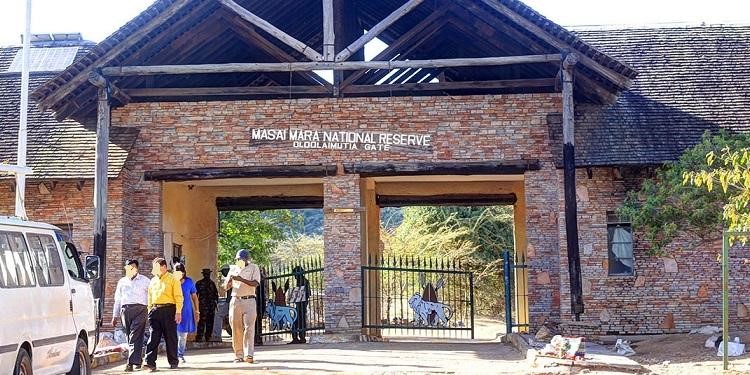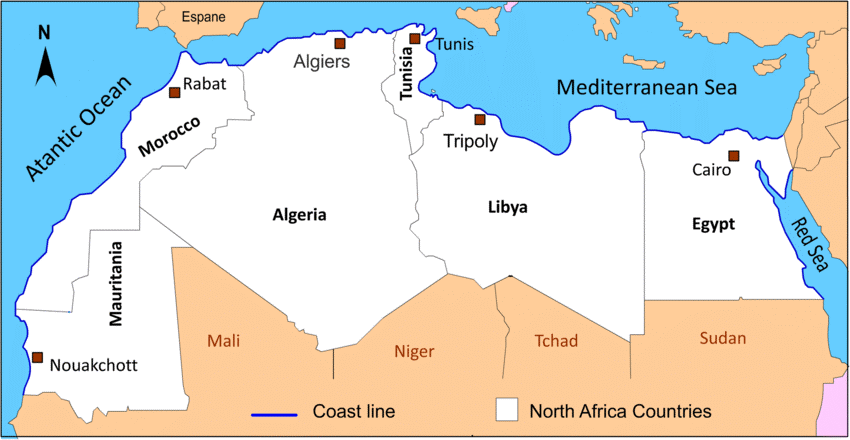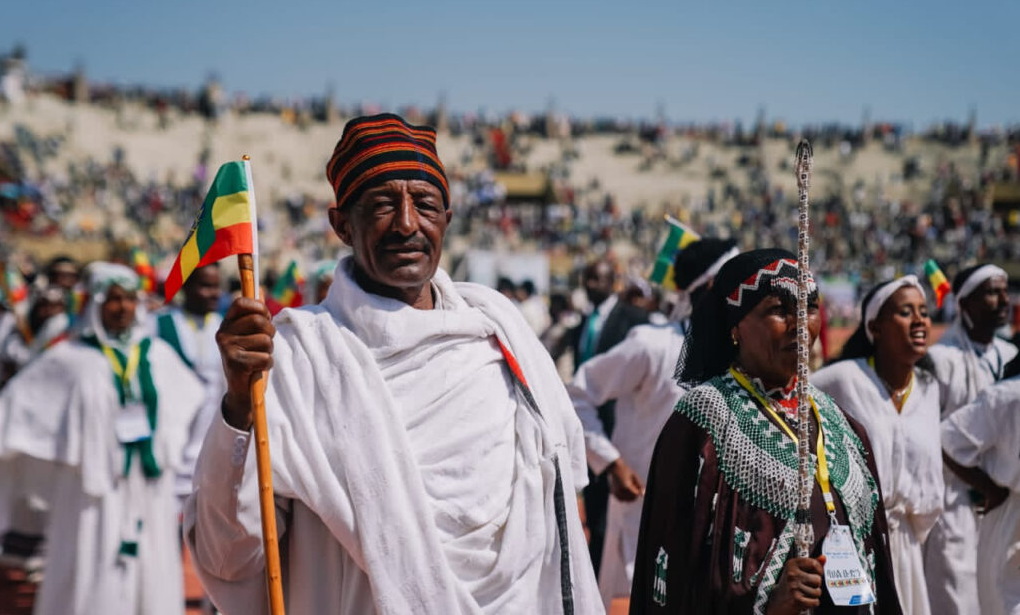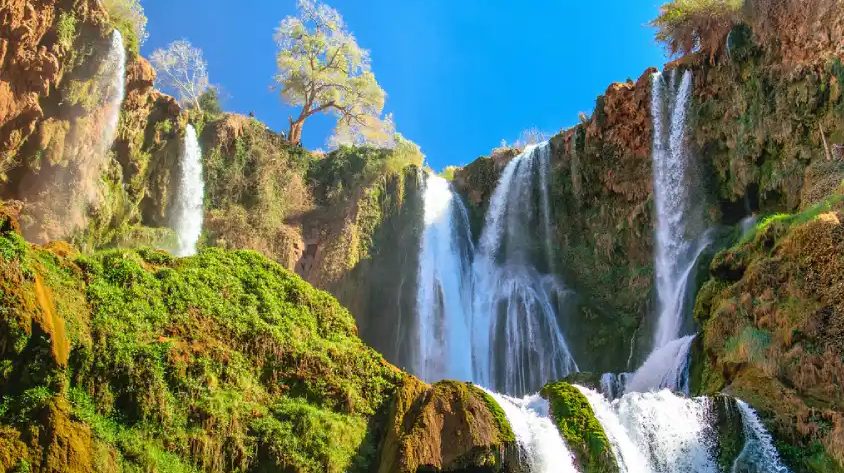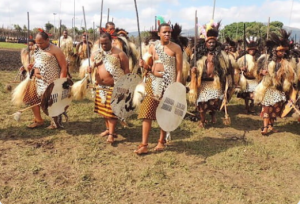
Despite the change in times and the introduction of technology, tradition plays a vital role in defining the Eswatini society. The people integrate tradition at the individual and national levels. The unison of the people is amplified under the rule of a traditional leader and their 61 years of struggle towards independence. The people maintain this culture and traditions through various annual events and festivals.
Like any other country, Eswatini holds festivals and events that are unique to its culture and traditions. One such event is the Incwala which is held in December. This festival is also known as the “first fruits ceremony” and is usually spread over six days at the queen mother’s national capital. Incwala is termed as a complex ritual of strengthening and renewing the nation’s kingship with unique songs and dances accustomed to the occasion.
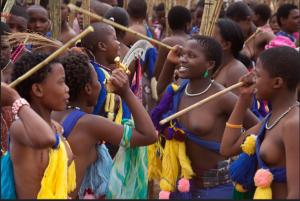
Another significant festival is the Umhlanga, also known as the Reed Dance. This festival unites unmarried girls and women to prepare reeds for repairing the queen mother’s village (Tefera & Dlamini, 2020). The festival usually lasts for five days and acts as a symbol of national unity. Like the Incwala, the Umhlanga is also held at the capital queen’s mother’s national capital.

